Libyan interim PM postpones Benghazi visit amid continued friction between rival camps
The Libyan government has postponed interim Prime Minister Abdulhamid Dbeibeh’s first visit to the eastern city of Benghazi—a bastion of renegade General Khalifa Haftar-- amid continued friction between rival camps in the North African country.
Dbeibeh was forced to postpone his visit to the country’s east that had been planned for Monday after his security team was turned back from Benghazi airport late on Sunday night.
The leader of the national unity government had meant to demonstrate the progress he had made in ending years of division between the warring factions in the country.
Dbeibeh's spokesman Mohamed Hamouda said in a social media post that the visit to Benghazi had been postponed, without giving details.
The delay underscores lingering tensions between the rival camps in the capital Tripoli, located in the west of the country, and Benghazi, in the east, the stronghold of Khalifa Haftar, who leads the Libyan National Army (LNA).
Dbeibah was sworn in as prime minister in March to end years of violence and division that engulfed Libya following the NATO-backed overthrow of former strongman Muammar Gaddafi in 2011.
Until March, Libya had been been split between a UN-recognized government in the west fighting against forces loyal to Khalifa Haftar, whose rival self-styled Libyan National Army (LNA) controlled the east.
Dbeibah, who was selected through a UN-facilitated process and will serve in his post until elections are held on December 24, came to power vowing to push out some 20,000 foreign militants fighting in the country.
“The mercenaries are a stab in our back – they must leave,” he said. “Our sovereignty is violated by their presence.”
The conflict between rivaling sides has escalated into a proxy war fueled by foreign powers pouring weapons and mercenaries into the country.
The Libyan rebels are supported by the United Arab Emirates (UAE), Egypt, and Jordan. And the government forces are backed by Turkey.
According to the UN, some 20,000 foreign fighters, mainly troops from Turkey and mercenaries from Russia, Syria, Chad, and Sudan currently operate in Libya.
Iran’s uneven fight against US-led financial firewall
Iran joins club of countries with 110 advanced cell therapy products
Zelensky seeks 20-year US guarantee to ink Ukraine-Russia peace deal
VIDEO | Press TV's news headlines
Iran says ball in US court to prove seriousness about making deal
Austrian press casts Iranian ties as threats, spotlighting bias and selective freedom
Munich 'circus' excludes Iran’s elected representatives, platforms ‘regime change’ lobbyists
Israeli reservists exploited secret bombing intelligence to bet on Gaza strikes


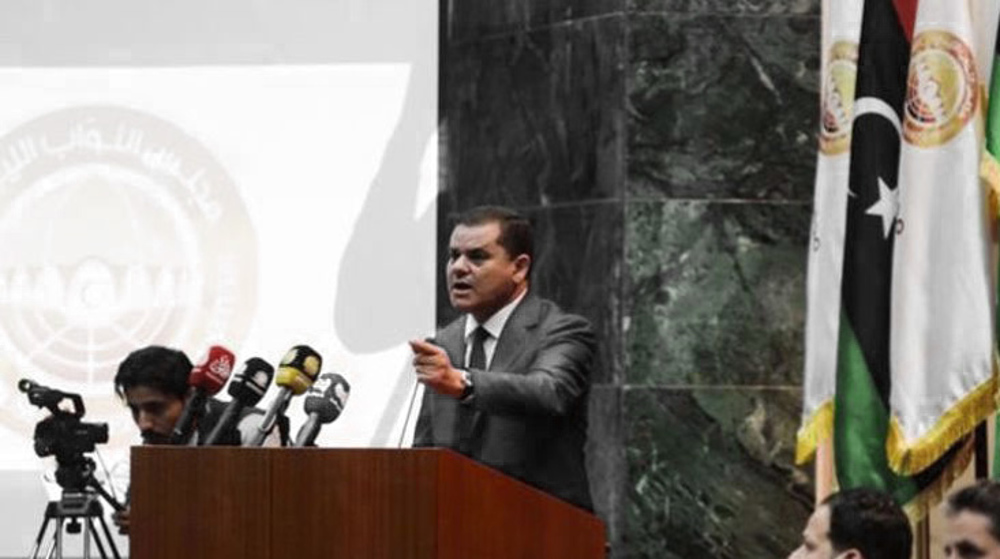

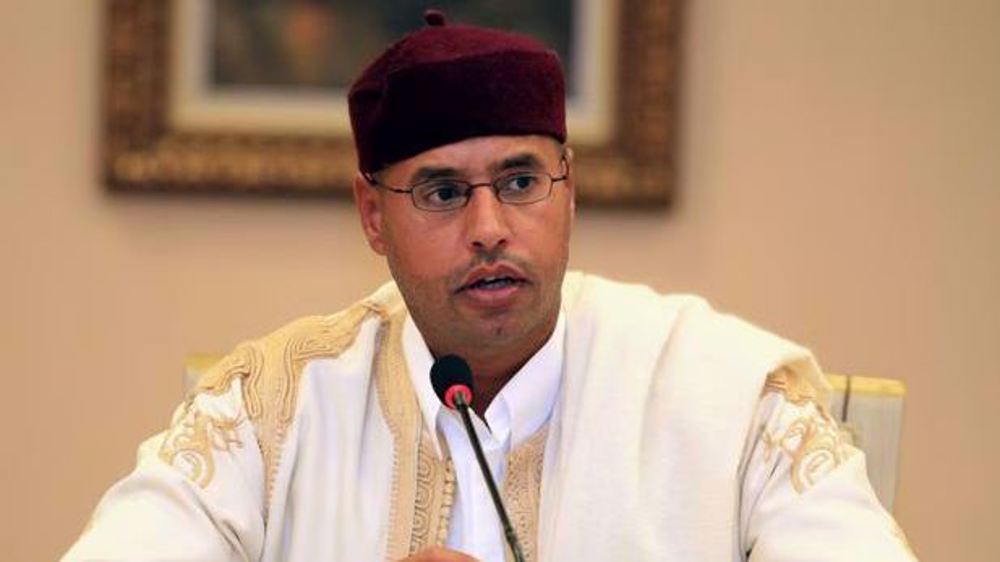
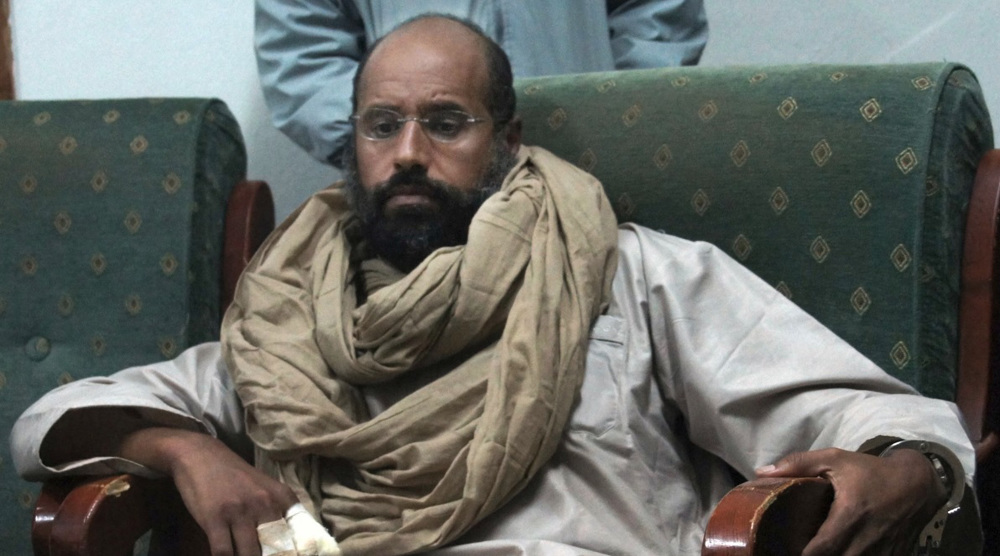



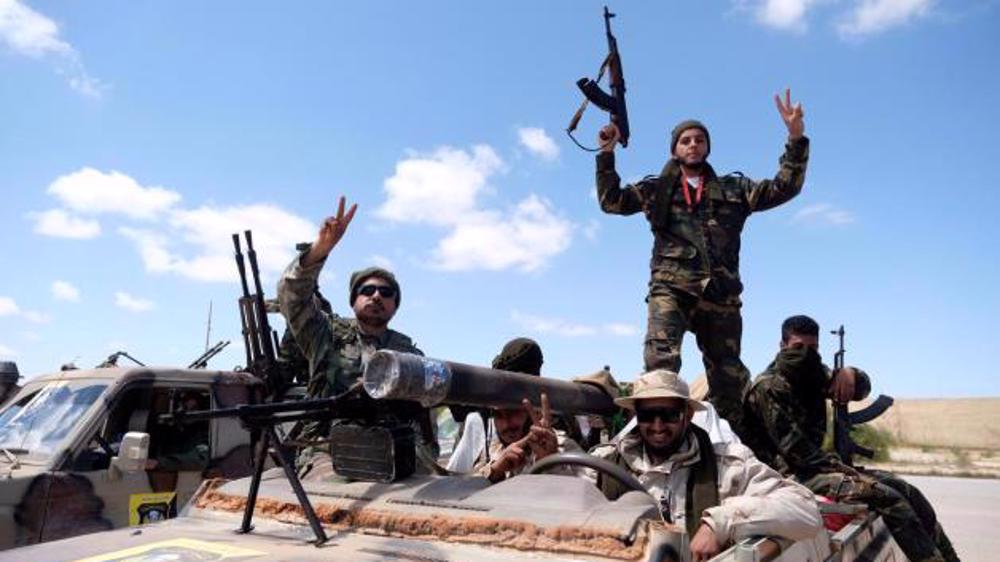
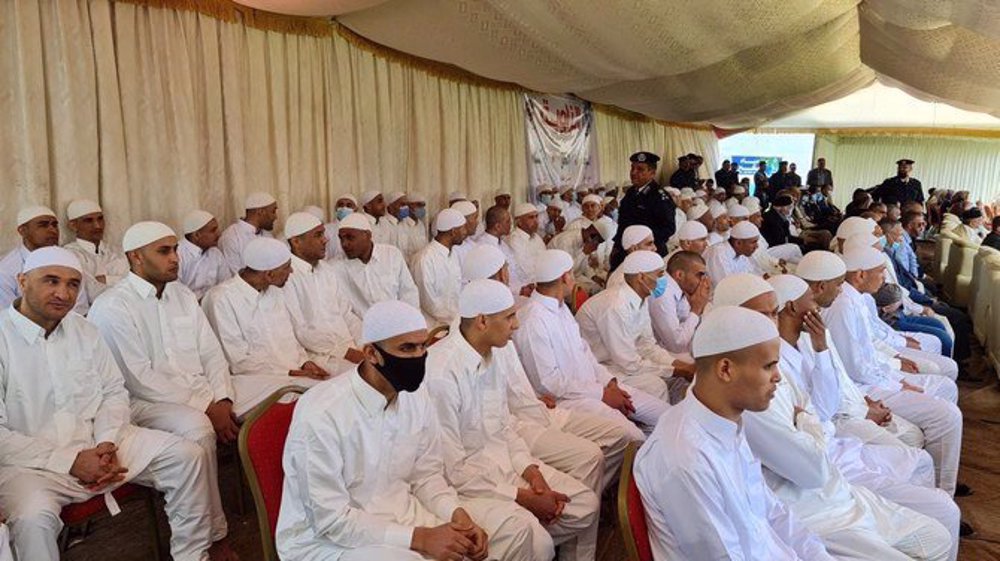
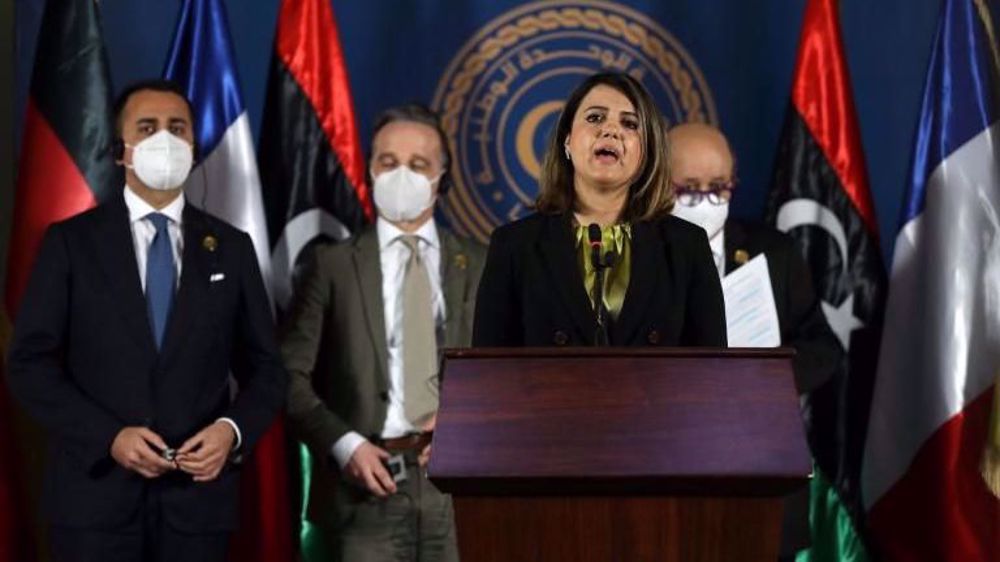

 This makes it easy to access the Press TV website
This makes it easy to access the Press TV website